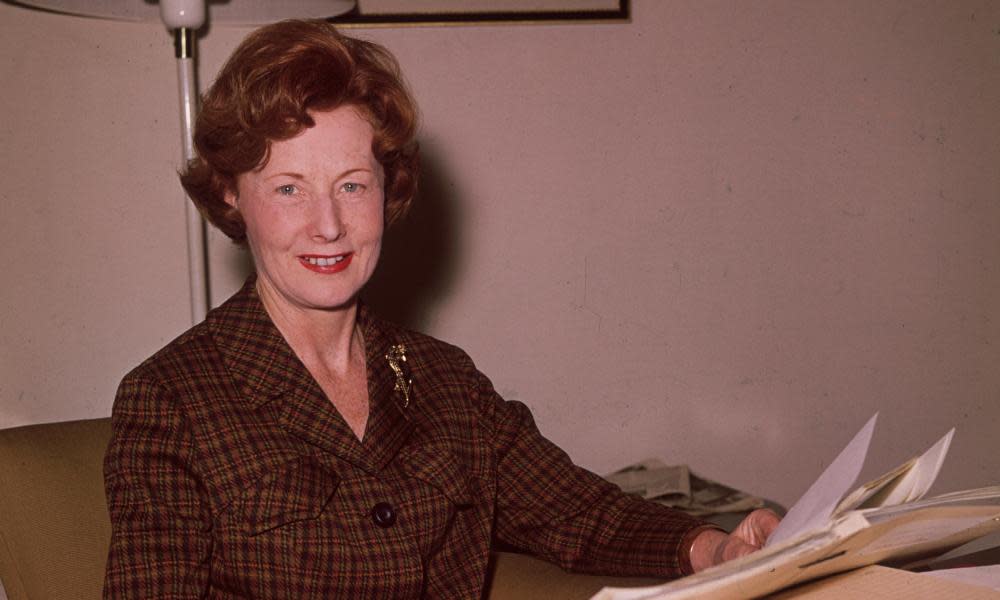EU’s role in improving workers’ rights is overstated

Aditya Chakrabortty tells us (For the sake of working people, the left must support remain, 15 January) that “basics” like equal pay for women have “come from the EU”. The Equal Pay Act 1970 was passed by one Labour government in 1970, at the instigation of the splendid Barbara Castle, and fully implemented by another, in 1975. It is true to say that the EC, as it then was, insisted on candidate members having a framework for equal pay in place; and thanks to Mrs Castle, we did, when we wanted to join. The EC/EU subsequently strengthened and extended the law.
Chakrabortty is right to say worker protection has often been resisted by British governments. It was of course a Tory government that opted us out of the social chapter and a Labour one that put us back in. Let’s make sure we understand which British government did what. Aside from these points, the article is not a bad guide to what might happen to workers’ rights if we are removed from the EU.
Valerie Bayliss
Sheffield
• Aditya Chakrabortty says that without the EU’s working time directive, British workers wouldn’t have the legal right to paid holidays. He ignores the trade union movement struggle which has won every meaningful right workers have ever enjoyed; and contrives to overlook the future, where a leftwing Labour government will restore and enhance those rights. How depressing that this should be written off as a “flight of fantasy”: must we really accept Tory Narnia ameliorated by the paternal beneficence of a union obsessed with free markets?
He also ignores the exploitation of low-paid migrant workers that has been facilitated by the EU’s “flexicurity principles” and the free market of capital and labour among countries with vastly different minimum wages and conditions. Remain and leave should in themselves be of little fundamental relevance to the left; but attempting to overwrite the referendum result can only further expose the rift between an increasingly middle-class Labour membership and Labour’s traditional voting base.
Peter McKenna
Liverpool
• I read Aditya Chakrabortty’s article and was astonished to find the opposition quoted as Corbyn, Vince Cable and Caroline Lucas. Perhaps Aditya – and other Guardian writers – need to be reminded that the third largest party in parliament is the SNP, not the Lib Dems and certainly not the Greens. Many writers in mainstream media organisations don’t seem to have yet caught up with the fact that parliament is no longer about Tories, Labour and Lib Dems. SNP members are, after all, UK MPs voted in to a UK parliament at a UK general election and as such form the third party in Westminster.
While I agree with much of what Cable and Lucas have to say, it should be remembered that the Lib Dems and Greens are, with the best will in the world, fringe parties.
Lloyd Carey
Frome, Somerset
• Join the debate – email guardian.letters@theguardian.com
• Read more Guardian letters – click here to visit gu.com/letters
• Do you have a photo you’d like to share with Guardian readers? Click here to upload it and we’ll publish the best submissions in the letters spread of our print edition

 Yahoo News
Yahoo News 
